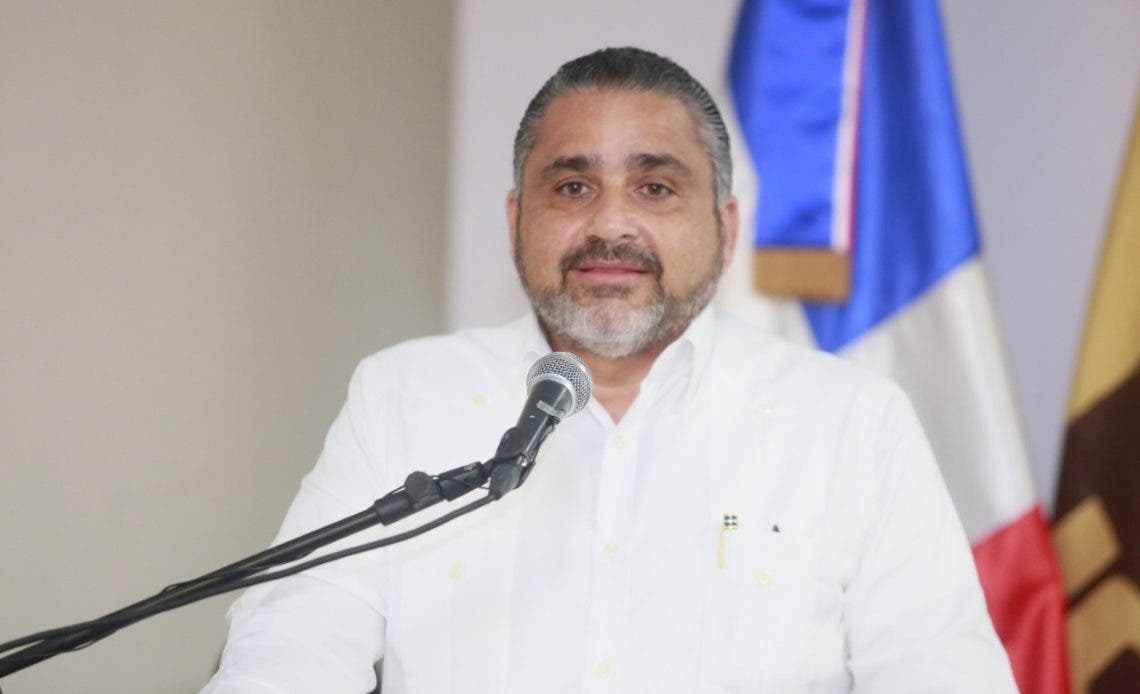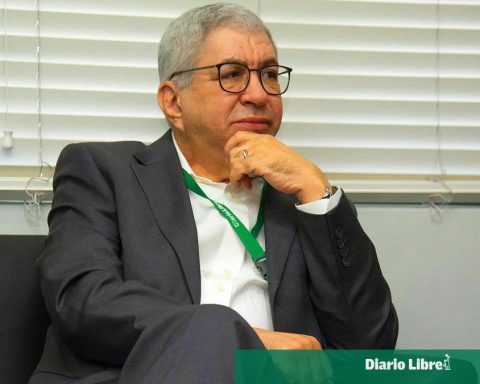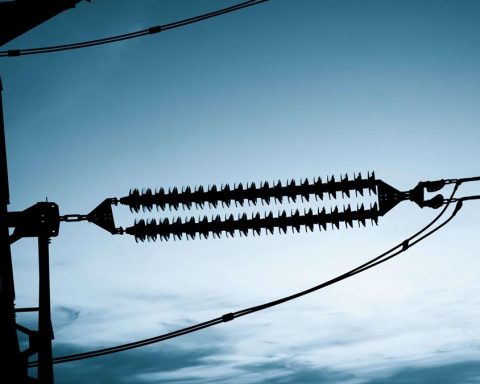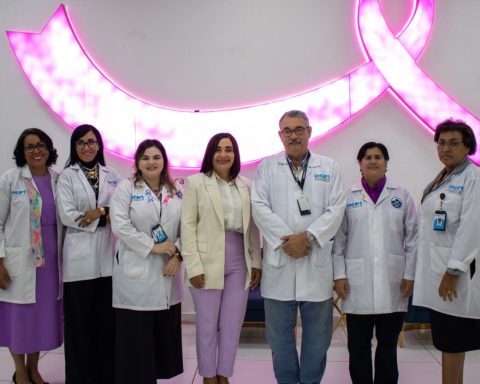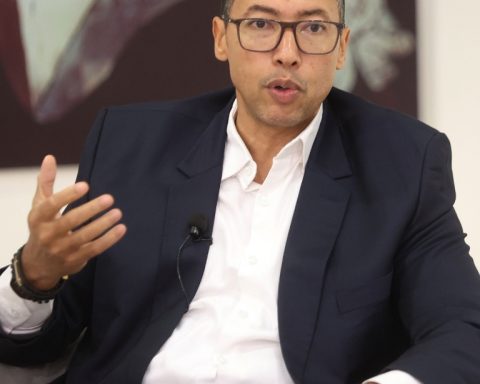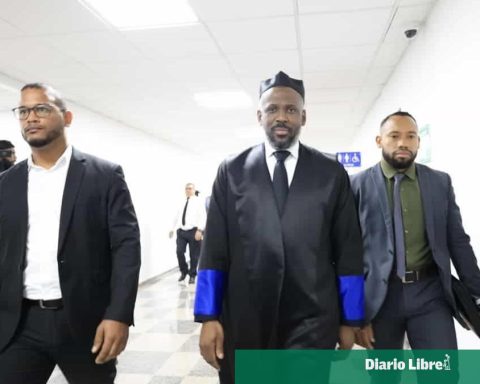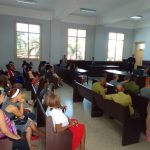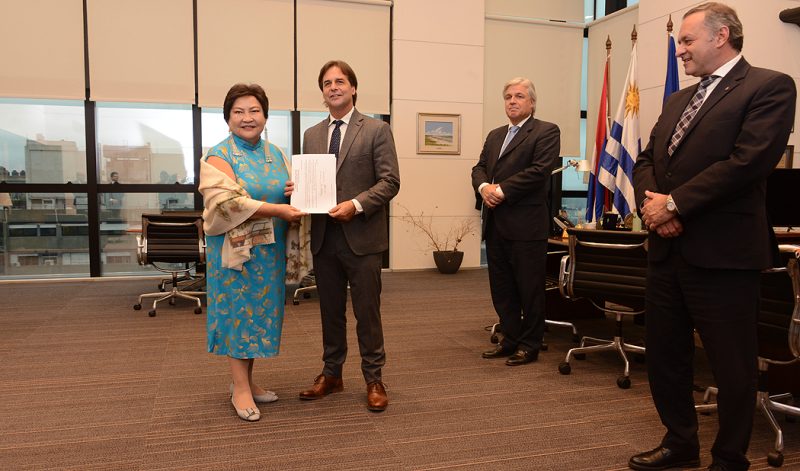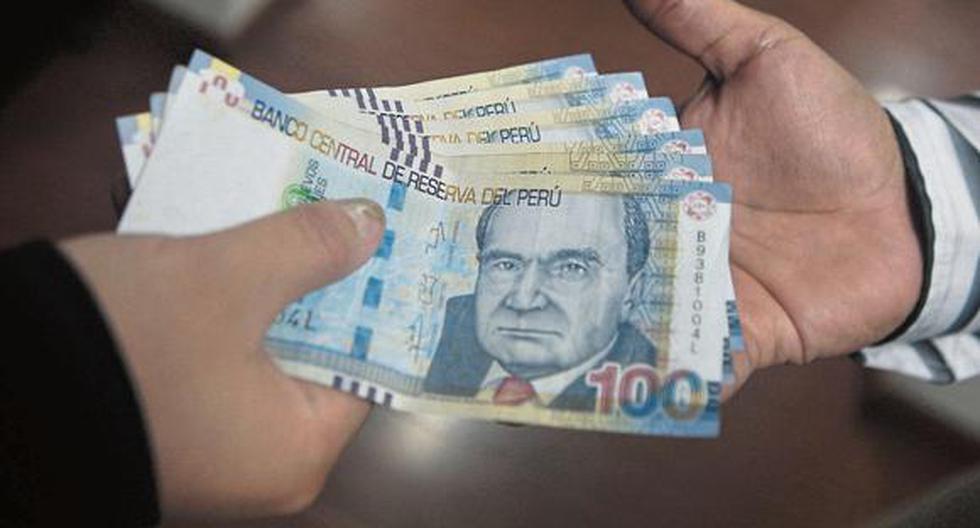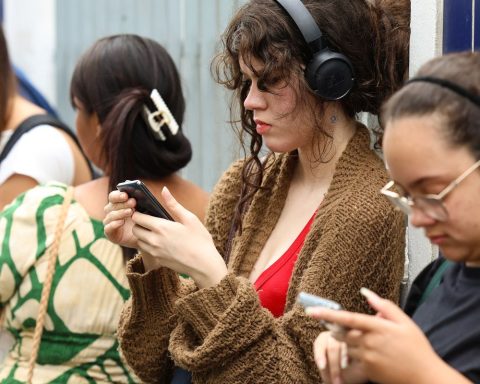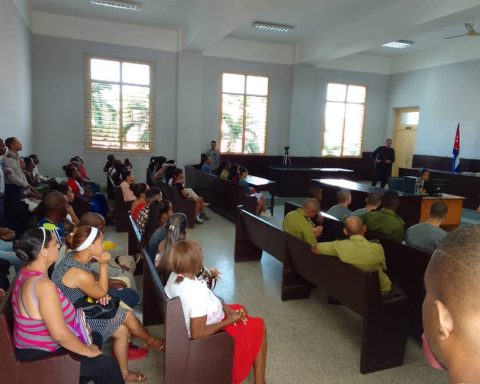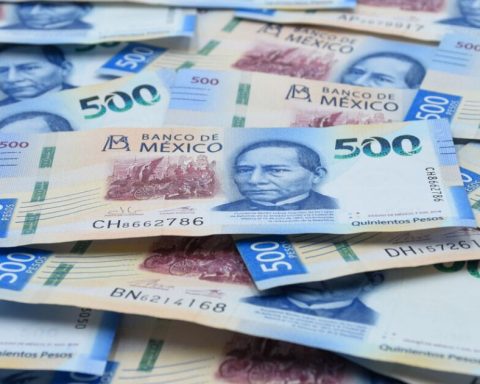The titular member of the Central Electoral Board (JCE), Samir Chami Isastated that the Dominican electoral system will undergo a comprehensive change when the proposal to reform laws 33-18 and 15-19 is approved, deposited before Congress and seen at the table coordinated by the Economic and Social Center (CES).
He took the opportunity to exhort to think about strengthening democracy in the face of the 2024 elections, and to approve the electoral reform proposal of the JCE.
“That politicians at this time do not think of particular interests, but rather understand that, if these two projects are approved, the electoral system will give a comprehensive change in the Dominican Republic and democracy will be strengthened”he claimed.
In his role as coordinator at the discussion table of the ESCexplained that all discussion in the aforementioned space was focused on the two bills presented by the JCE before Congress to move forward.
You may be interested in: Electoral and Party Laws generate more disagreements than agreements
consensus and dissent
Over the consensus and disagreements that derived from the evaluation of the proposal, Judge Chami Isa stressed that they are concentrated on the issues of parity, resources that the State gives to the parties, the cost of the campaign and sanctions.
“If we go to what we got at the table: from 33-17 we had 17 consensuses and 19 dissents; As in 15-19, the same thing happened, 40-odd consensuses and a little more dissent, ”she commented during the interview she gave to the program One + One.
He said the dissents indicated, will be the points on which hard work will have to be done in order to achieve a consensus and that it must be understood that it is urgent that the proposal to modify these laws be approved for the next electoral process in 2024.
Points of the electoral reform proposal
Among the points covered by the electoral reform presented by the JCE, Chami Isa said that the Plenary understands that it should not participate in the processes of internal primaries of the political parties, events in which they do agree to provide logistical support.
“We can’t get involved in something internal. we can’t be referees of something that depends on them because they are the ones who are going to decide. Note that those who run the tables on the day of the primaries are people from the political parties, they are not delegates or members of the JCE,” he explained.
About the pre-campaign and campaign at the wrong time, chami Isa said that unfortunately the current laws do not contemplate sanctions for this action.
“Last year we issued resolution 28-2021 to regulate the periods prior to the pre-campaign, where we tell the matches how far they should go”, he specified and, he advanced, another one is being made for the supervision of the campaign periods.
In addition, this proposal calls for reducing the costs of pre-campaign (75%) and campaign (65%); penalties from 100 to 200 minimum wageas well as the disqualification of the certificate to those who are elected for an electoral period.
As additional information, he stated that “this Plenary created the Directorate for Oversight of Political Parties that it has a team of professionals who will ensure the use of resources in the campaigns for the next electoral process”.
“Rest assured that we will be with our eyes open and we will audit. Even in this bill, strong sanctions are proposed for those candidates who exceed costs established for the political campaign, which are exaggerated, ”he said.
The process of knowing the proposal
In the introductory part of the interview, the magistrate Chami Isa took stock of the evaluation work on the electoral reform proposal presented by the JCE, highlighting that, in the first session of the Plenary, the first topic that was touched upon was that of the reforms to the laws 33-18 and 15-19.
“They commissioned me as coordinator for the reform and a team was formed to evaluate them. For the month of August we made the presentation of the two projects, the Plenary together with its team gave its opinion on that evaluation and the two projects were shared with the political organizations and civil society so that they could give their opinion. opinion”, he recalled.
He stated that later, the President of the Republic convened the tables, including the electoral one, and that they very happily decided to host them.
He said that to date 10 work sessions have been held in the Electoral table in the JCE and that political parties were involved as main entities, movements and groups; civil society and the entrepreneurship.
